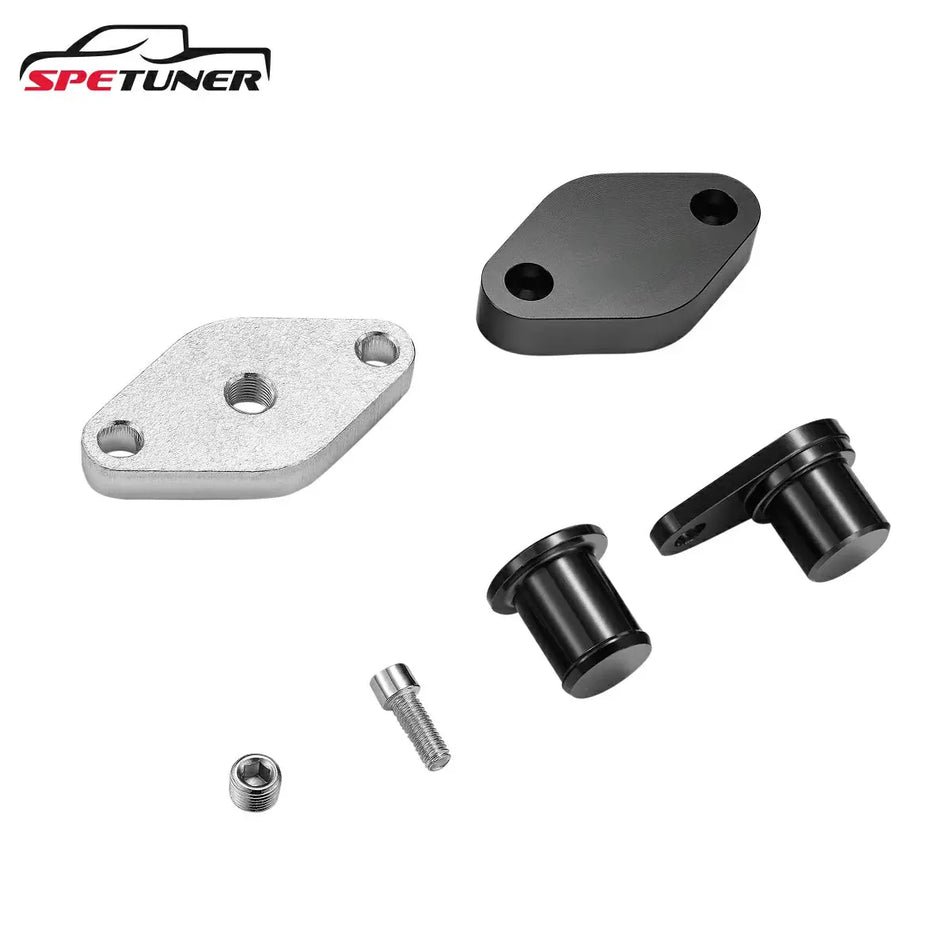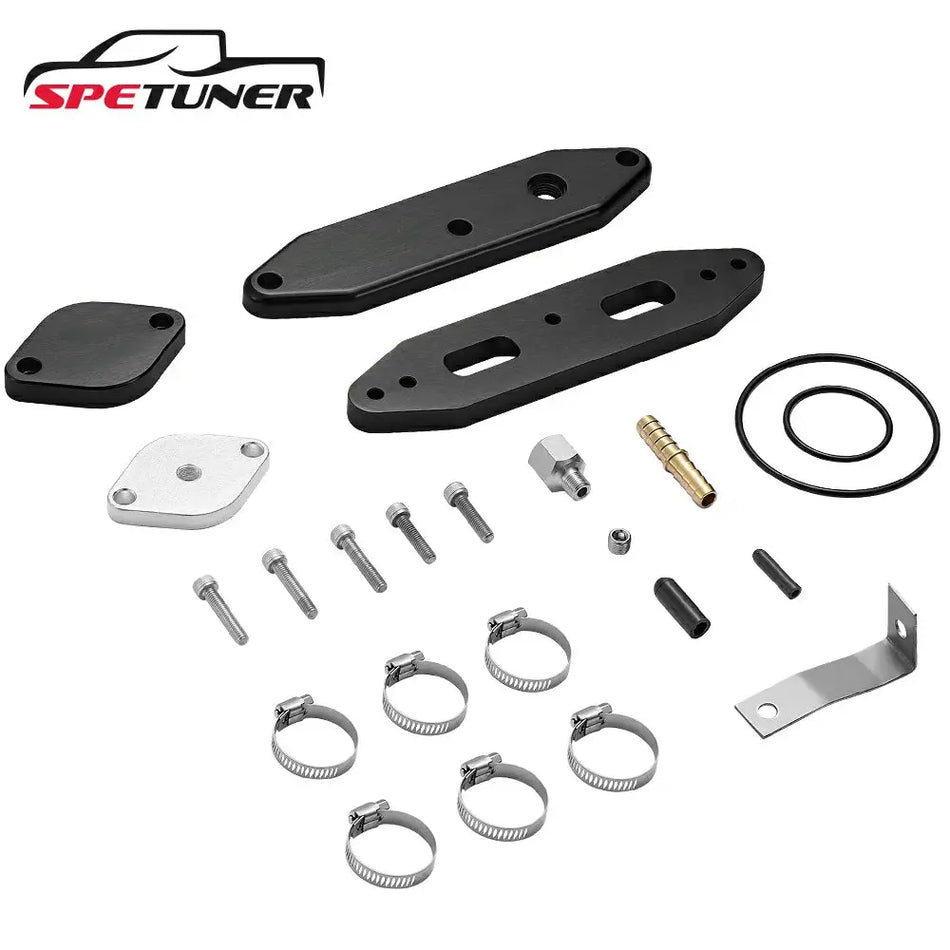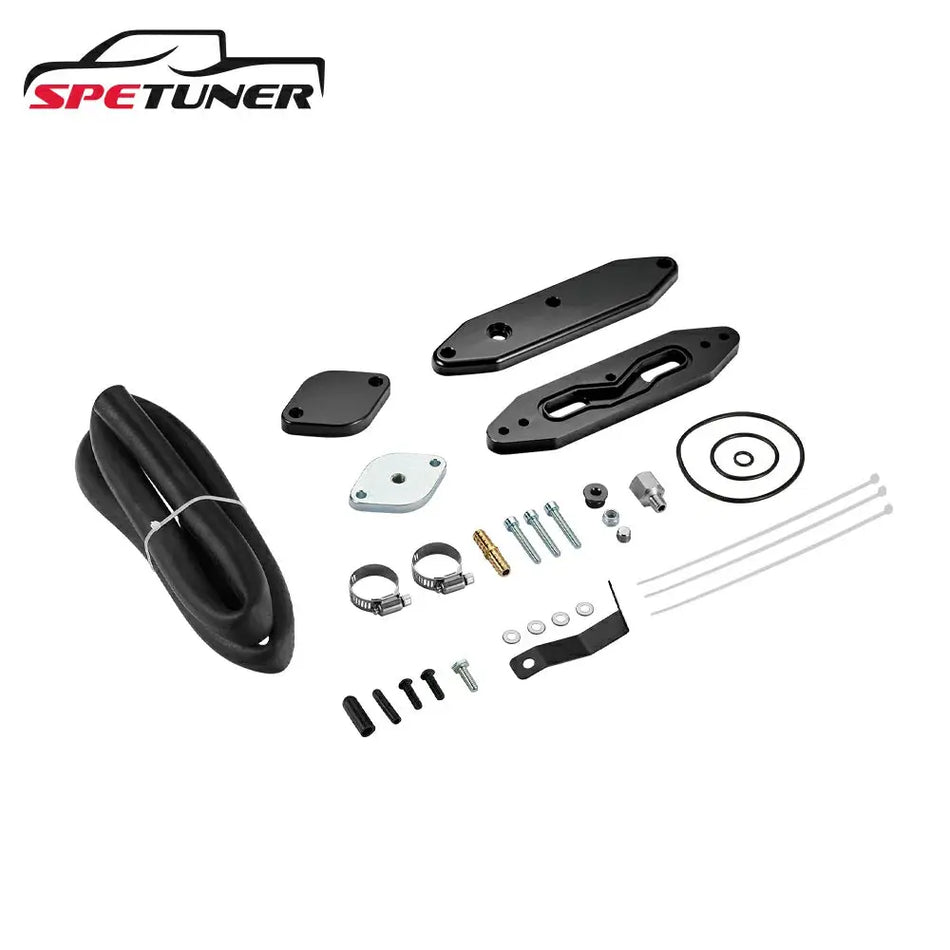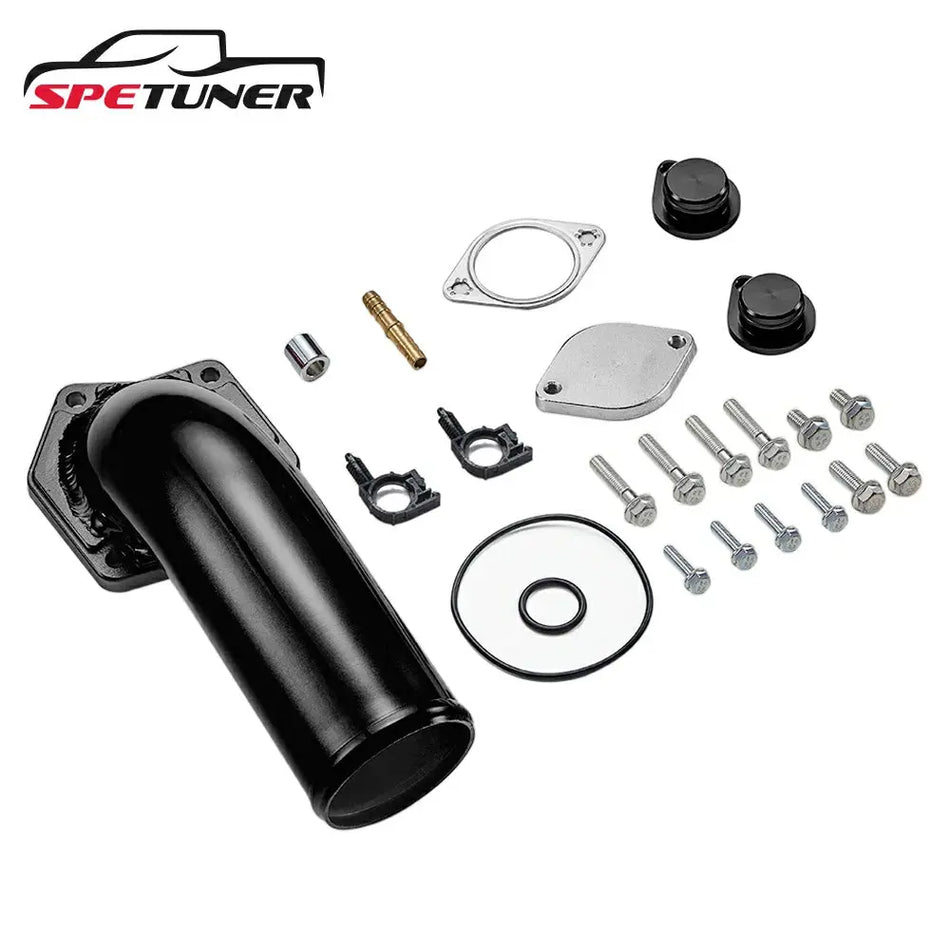If you’re a car enthusiast, you’ve probably thought about installing exhaust cutouts to unleash that aggressive sound or maybe even gain a bit of horsepower. But there’s always that nagging question: Are exhaust cutouts legal?
The answer isn’t a simple yes or no. It depends on where you live and how you use them. This guide will break it down for you—clear, concise, and focused on what matters.
Whether you’re aiming to stay compliant or just avoid an unexpected fine, I’ve got you covered. Let’s dig in.
What Are Exhaust Cutouts?
Simply put, exhaust cutouts are devices that allow you to redirect your exhaust flow.
Types of Exhaust Cutouts:
- Manual Cutouts: You unbolt a cap under your car to let the exhaust bypass the muffler.
- Electric Cutouts: At the flick of a switch, your exhaust valves open, giving you that raw, unrestricted sound.
Why do people love them?
- On the street, you keep things quiet and under control.
- On the track, you can let loose with aggressive sound and possibly squeeze out a bit more horsepower.
The problem? Many states don’t allow exhaust cutouts on public roads because of noise and emissions regulations.
Federal Law: What You Need to Know
At the federal level, your exhaust system must:
- Function continuously without any cutouts or bypass devices.
- Keep noise and emissions within acceptable limits.
Translation?
If your exhaust cutouts cause excessive noise or let you bypass your muffler, they’re illegal on public roads. Simple as that.
That’s why many states have specific rules in place. Let’s take a look at what’s allowed—and what’s not—in key states.
State-by-State Breakdown of Exhaust Cutout Laws
California
If you’re in California, this isn’t up for debate. The state has the strictest noise and emissions laws in the country.
- Section 27150: Every vehicle must have a functioning muffler—no cutouts, no bypass devices, no exceptions.
- Section 27151: Modifying your exhaust to increase noise is illegal.
Bottom line: If you live in California, exhaust cutouts are off the table for street use.
Texas
Texas is clear about this, too:
- Your car must have a working mufflerto avoid “unusual noise.”
- Cutouts, bypasses, and similar devices are strictly banned.
You might get away with it at the track, but if you’re caught on public roads, expect fines and inspection failures.
New York
In New York, you need to keep your noise levels in check.
- Modifying your exhaust system to make it louder is illegal under Vehicle and Traffic Law Section 375.
Driving through the city with loud cutouts? You’ll attract attention—and not the good kind.
Florida
Florida’s rules are pretty similar:
- Your muffler must work continuously to prevent excessive noise.
- Cutouts and bypass devices? Not allowed.
Violating these laws is treated as a non-moving traffic offense. It’s not the end of the world, but it’s still a headache.
Quick Comparison Table
|
State |
Are Cutouts Legal? |
Key Details |
|
California |
No |
Strict noise/emission rules |
|
Texas |
No |
No bypass or cutout devices |
|
New York |
No |
Loud exhausts are prohibited |
|
Florida |
No |
Continuous muffler operation |
This table makes it simple—know your state’s rules, and don’t risk unnecessary fines.
FAQs: What You’re Probably Wondering
-
Are exhaust cutouts legal on the track?
Yes, in most cases. If you’re on a closed track, cutouts are fair game. Just don’t use them on public roads. -
Why can new cars have exhaust valves, but mine can’t?
New cars’ exhaust systems (like active valves) are federally certified to meet noise and emissions standards. Your custom cutouts? Not so much. -
Will cutouts cause me to fail inspection?
Absolutely. Non-compliant exhaust systems are a red flag during inspections, especially in stricter states like California and New York. -
What’s a legal alternative?
Consider high-performance exhaust systems with CARB or EPA certification. They give you better sound and performance while staying street-legal.
Tips to Stay Legal and Avoid Fines
Know Your State’s Laws
Don’t assume exhaust cutouts are legal just because your buddy has them. Check your local regulations first.
Use Track-Specific Exhaust Systems
If you want cutouts for the sound and performance, keep them for track days—not for street use.
Invest in Certified Systems
Choose high-quality exhaust systems that are CARB/EPA-approved. They’re legal, reliable, and still sound great.
Work with Professionals
A certified shop will help you choose and install a system that meets both your needs and legal requirements.
Conclusion: Are Exhaust Cutouts Worth the Risk?
Exhaust cutouts are a blast on the track, but on public roads, they’re illegal in most states.
If you’re serious about modifying your exhaust:
- Follow the rules where you live.
- Look for legal, high-performance alternatives that won’t get you fined or fail inspection.
Don’t let a quick fix turn into a long-term headache. Make smart choices, keep it legal, and enjoy your ride—on the track or the street.
Want more tips on legal car mods? Stick around—I’ve got plenty of guides to help you get the most out of your build while staying on the right side of the law.
Related Articles:
1. What Does It Mean To Have A Diesel Truck Deleted?
2. EPA-Compliant Diesel Upgrades: Enhance Performance with SPETUNE









